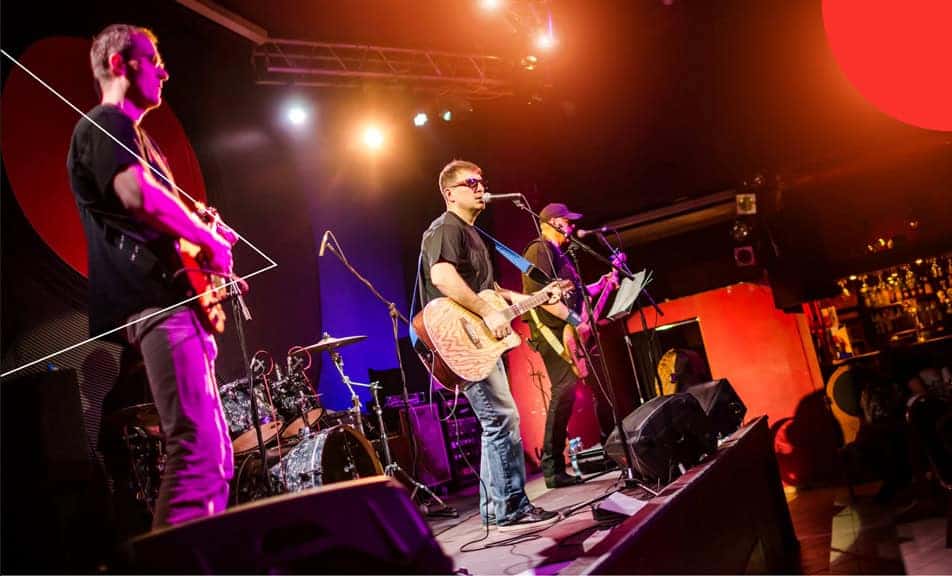The UK live music industry concluded 2024 with remarkable growth, achieving record consumer spending of £6.68 billion. This figure, reported by the LIVE (Live Music Industry Venues & Entertainment) group, reflects a 9.5% year-on-year increase and highlights a revival that outpaces pre-pandemic levels. However, this success masks growing pressures on grassroots venues and festivals, which face significant challenges.
According to the LIVE Annual Report & Economic Highlights 2024, data from over 55,000 concerts and festivals illustrates how live music plays a vital role in both the UK economy and its cultural landscape. Concerts emerged as the primary driver of this growth, with revenues rising by 12.2% and accounting for three-quarters of all live music spending. In contrast, festivals saw a modest increase of 1.9%, as rising costs and inflation constrained organizers.
The cultural impact of live music cannot be overstated. In 2024, 23.5 million music tourists, both domestic and international, attended UK concerts and festivals. Notably, Taylor Swift’s Eras Tour was a standout event, contributing an estimated £1 billion to the UK economy. Other prominent artists, such as Charli XCX, Bruce Springsteen, Dua Lipa, and Sam Fender, transformed cities into vibrant hubs, while the anticipation of an Oasis reunion created unprecedented ticketing demand.
Geographically, London remains the epicenter of the UK live music scene, attracting 28.9% of total spending. Manchester and Glasgow have also strengthened their positions, benefiting from new venues like the Co-op Live arena. Festivals have played a crucial role in supporting rural economies, particularly in Central and South West England, where they have become significant sources of local revenue.
Analyzing genre trends reveals where growth is occurring. Pop music led the way with 32.1% of spending, surpassing both indie and rock combined. Electronic, alt-rock, folk, and classical genres have also carved out notable shares, while Latin artists are increasingly gaining popularity.
Behind these impressive figures lies a workforce of 234,630 jobs supported by the live music sector, reflecting a 2.2% increase from the previous year and nearly 12% higher than in 2019. The majority of these jobs are casual, indicating a shift towards freelance roles post-COVID. A study by Powered by Freelancers revealed that while 73% of freelancers view live music as a rewarding industry, over half face challenges in securing consistent work, with many experiencing last-minute cancellations.
Despite the overall success, the report highlights a troubling reality for grassroots music. Rising operational costs and limited pricing power have placed immense pressure on smaller venues and festivals, leading to the closure of 78 festivals in 2024 alone. Many smaller venues continue to operate only through the dedication and passion of their owners.
In response to these challenges, the industry has established the LIVE Trust, a charity aimed at redistributing resources from larger events to support grassroots venues, artists, and promoters. This initiative involves a voluntary £1 per ticket levy on tickets for arena and stadium shows exceeding 5,000 capacity, intended to stabilize the live music ecosystem without relying on government intervention.
The political landscape also shifted in 2024 with the Labour Party returning to power. LIVE has advocated for resolutions to longstanding issues, including EU touring restrictions and ticket touting. Early commitments have been made, though the report emphasizes the importance of effective implementation.
Measures addressing sustainability, workforce wellbeing, and diversity are also part of LIVE’s agenda, reflecting the industry’s commitment to resilience in the face of economic challenges.
Overall, the report paints a dual picture of triumph and vulnerability within the live music sector. While the industry has achieved unprecedented economic success, the struggles at the grassroots level threaten to undermine the very foundation that nurtures future talent. As Jon Collins, CEO of LIVE, aptly states, “Talent is everywhere, opportunity is not.” Protecting opportunities for local venues and artists will be crucial to maintaining the UK’s position as a global leader in live music throughout the coming decade.
